David Attenborough's Life Stories
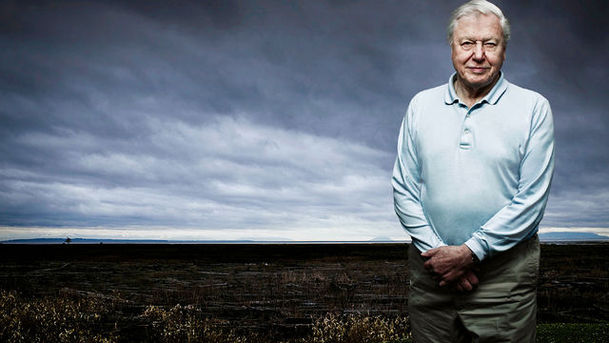
Series of talks by Sir David Attenborough on the natural histories of creatures and plants from around the world
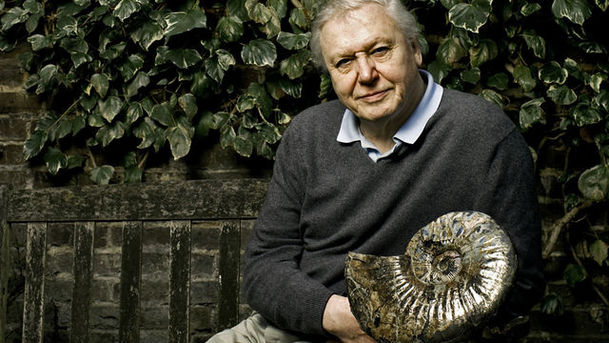
David Attenborough's Life Stories - Adam's Face
Testing the value of eyebrow communication came into its own when David Attenborough met the men of an aboriginal tribe in New Guinea where there was no other common language.
Details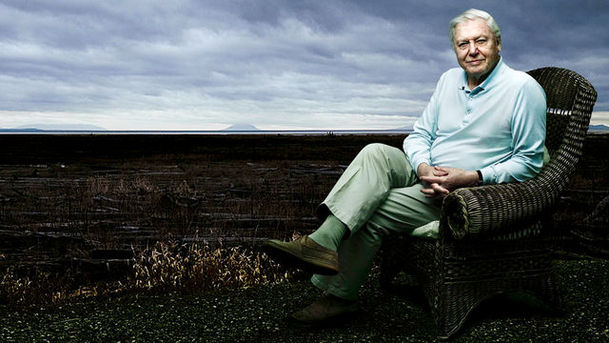
David Attenborough's Life Stories - Adam's Face
The broadcaster recalls the importance of human eyebrows for communication, when he met an aboriginal tribe in New Guinea.
Details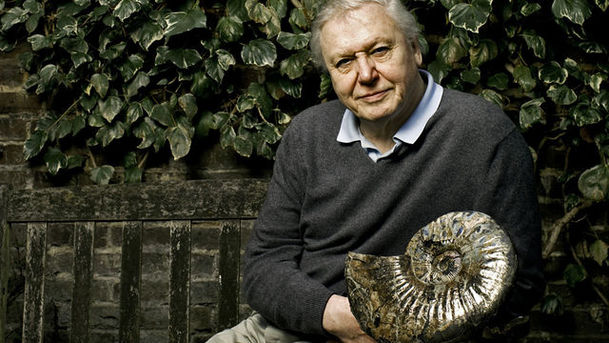
David Attenborough's Life Stories - Amber
As a boy, David Attenborough had a piece of amber in which lay a blood-sucking fly. Would it be possible to extract the DNA from one of these and, maybe, recreate a dinosaur?
Details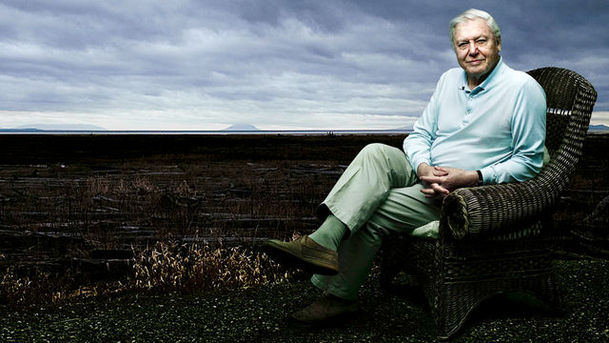
David Attenborough's Life Stories - Amber
The naturalist wonders if it's possible to extract the DNA from a blood-sucking fly trapped in amber to recreate a dinosaur.
Details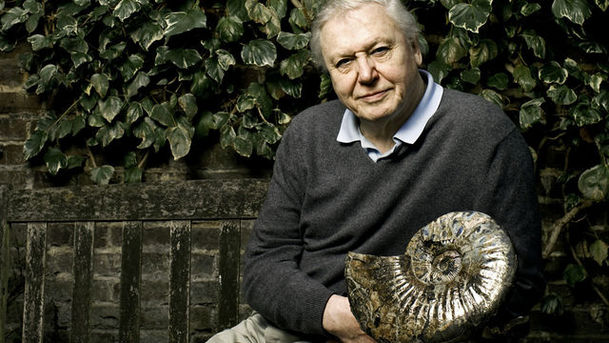
David Attenborough's Life Stories - Archaeopteryx
Sir David recounts the story of a feather, like any other feather from a bird - only it was 150 million years old, and the animal that lost it lived when birds had not yet evolved.
Details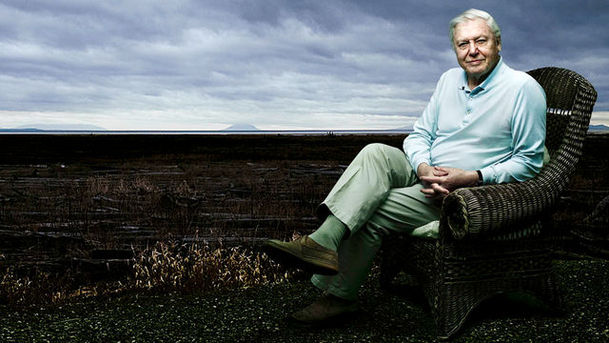
David Attenborough's Life Stories - Archaeopteryx
The naturalist tells the remarkable story of a 150-million-year-old feather from an animal that lived before birds had evolved.
Details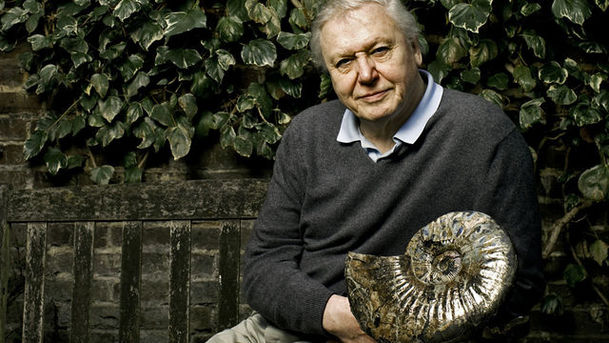
David Attenborough's Life Stories - Bird's Nest Soup
Filming the birds that make nests of saliva in the darkness of a Borneo cave proved difficult, until a conical mound of bat guano provided a natural platform.
Details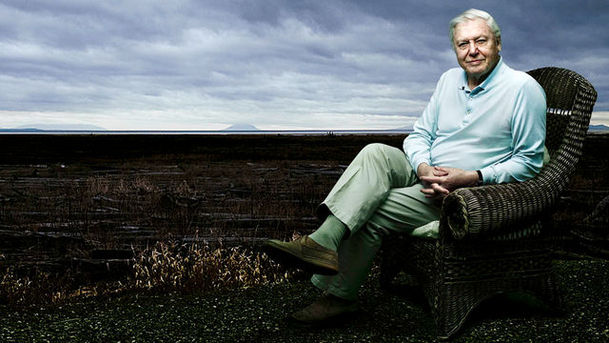
David Attenborough's Life Stories - Bird's Nest Soup
The naturalist recalls the challenge of filming the birds of Borneo, who make their nests of saliva so prized by Chinese chefs.
Details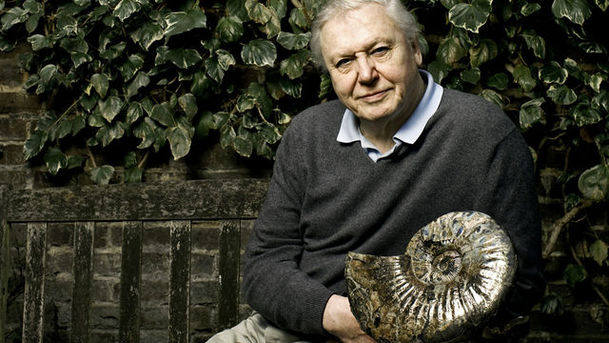
David Attenborough's Life Stories - Birds of Paradise
Sir David talks about the Birds of Paradise, a group of birds which evolved in the relative safety of New Guinea, allowing them to acquire resplendent adornments and decorations.
Details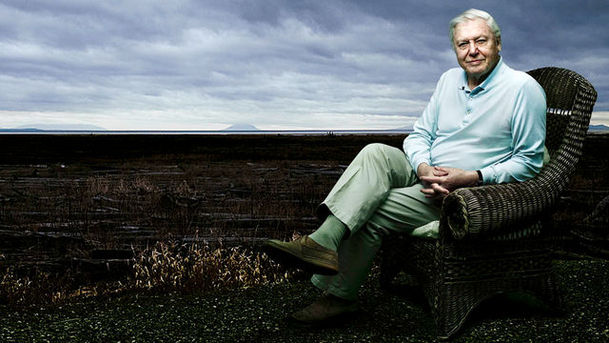
David Attenborough's Life Stories - Birds of Paradise
The naturalist muses on the New Guinea residents, who fooled early explorers with their resplendent adornments and decorations.
Details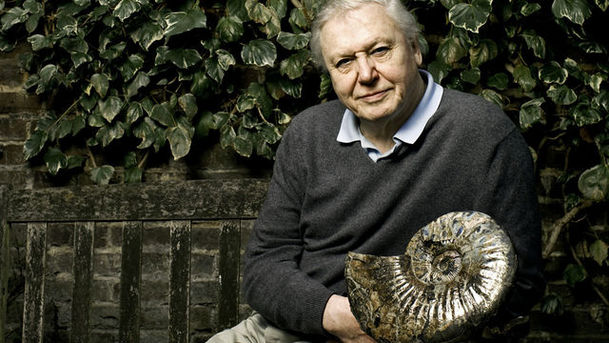
David Attenborough's Life Stories - Bower Birds
One of the most extraordinary structures in the animal world is constructed by a Bower Bird. David Attenborough tells the life story of the Vogelkopf Bower Bird.
Details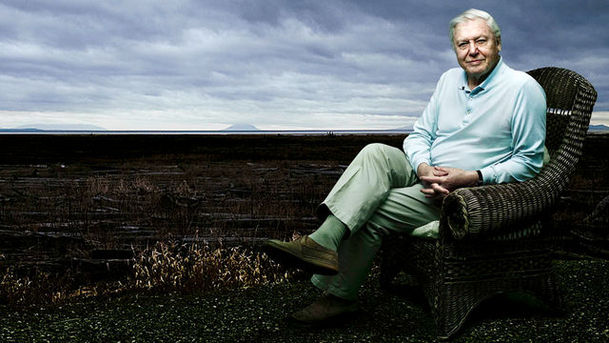
David Attenborough's Life Stories - Bowerbirds
The famous naturalist muses on the extraordinary structures built by New Guinea's Vogelkop bowerbirds to attract mates.
Details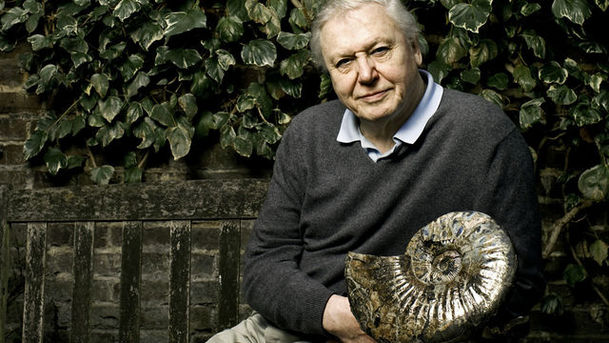
David Attenborough's Life Stories - Coelacanth
The Coelacanth is a primitive bony fish thought to be an important ancestor to all back-boned animals that ventured onto land. But is it the living fossil it was claimed to be?
Details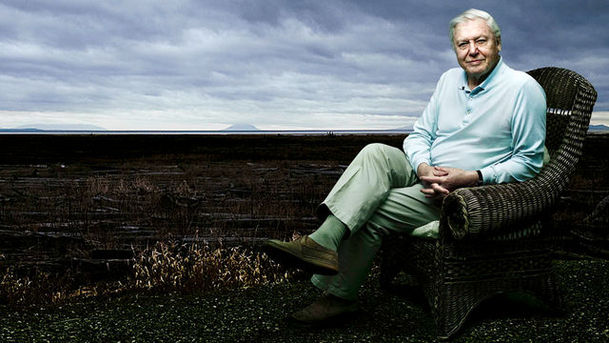
David Attenborough's Life Stories - Coelacanth
The naturalist showed the first live specimen of the primitive bony fish on TV. But is it a living fossil, as first claimed?
Details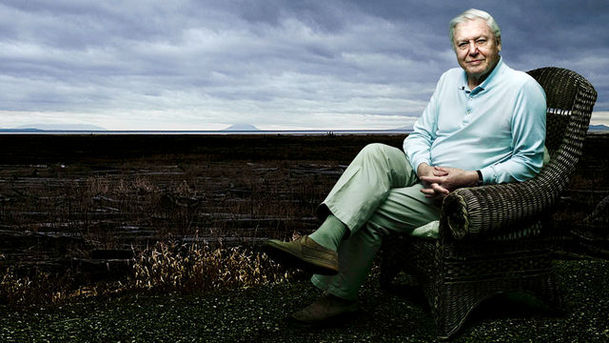
David Attenborough's Life Stories - Collecting
Why do we collect things? Today, collecting by children is in decline, and with it the development of an early fascination with the natural world around them.
Details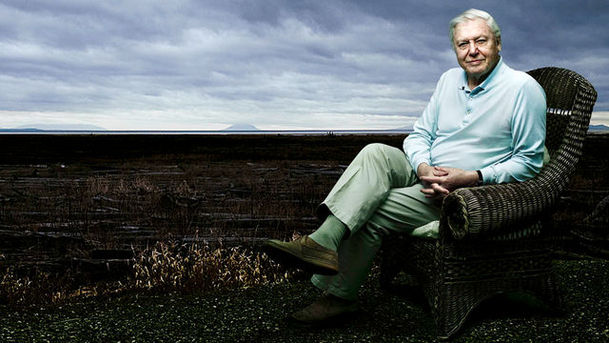
David Attenborough's Life Stories - Collecting
The naturalist comments on the decline in collecting by children, which can lead to an early fascination with the natural world.
Details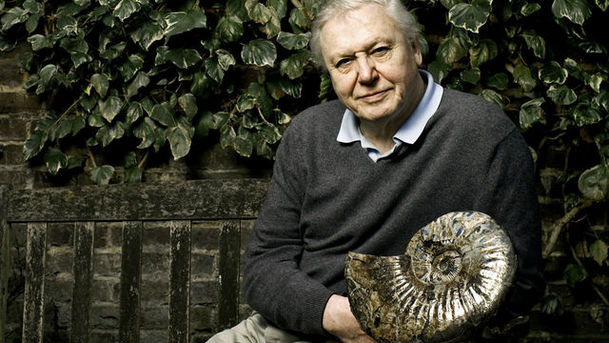
David Attenborough's Life Stories - Dragons
What did Sir David do when he was confronted by a 10-foot-long grey-scaled reptile with a long yellow forked tongue whipping in and out of its mouth?
Details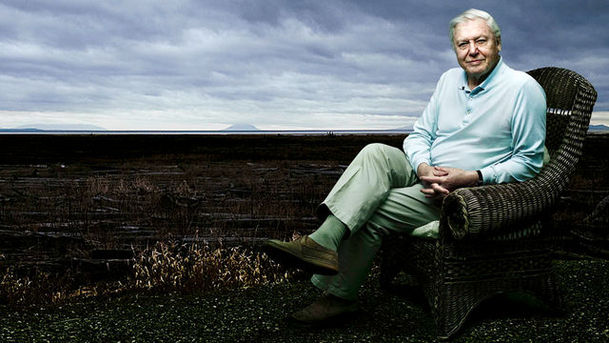
David Attenborough's Life Stories - Dragons
The famous naturalist recalls meeting a ten-foot-long grey scaled reptile, with a long, yellow forked tongue - the Komodo dragon.
Details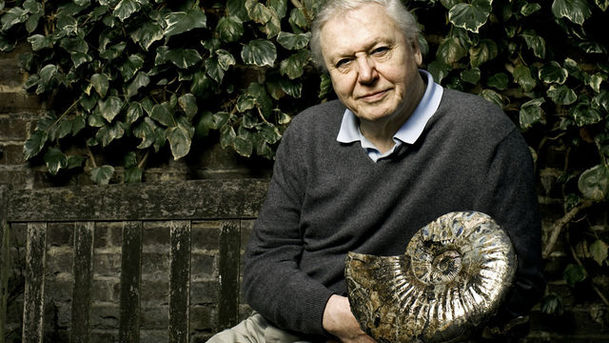
David Attenborough's Life Stories - Faking Fossils
Sir David recalls when he broke open a piece of Leicestershire limestone and there in his hand was an ammonite. Over the intervening years, fossils have fascinated him.
Details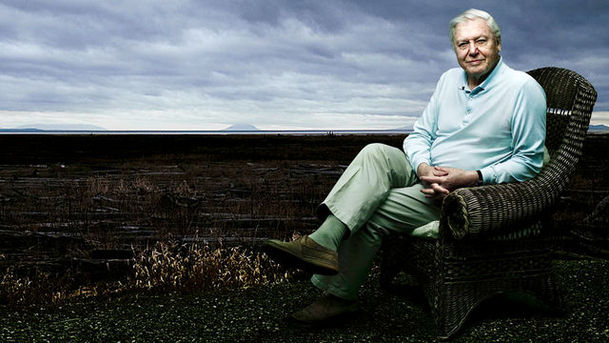
David Attenborough's Life Stories - Faking Fossils
The naturalist recalls the key moment of finding an ammonite inside some limestone - sparking his love of collecting fossils.
Details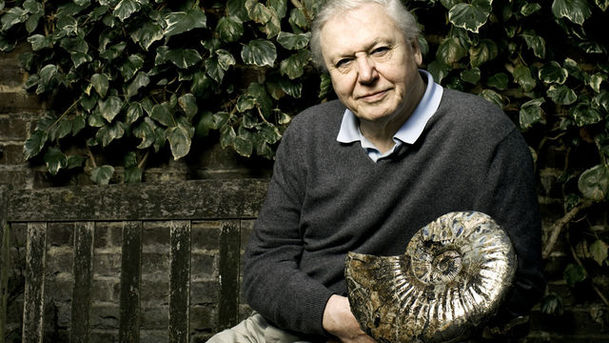
David Attenborough's Life Stories - Giant Birds
The largest egg known to have existed was laid in Madagascar, and the bird that laid it was also a giant.
Details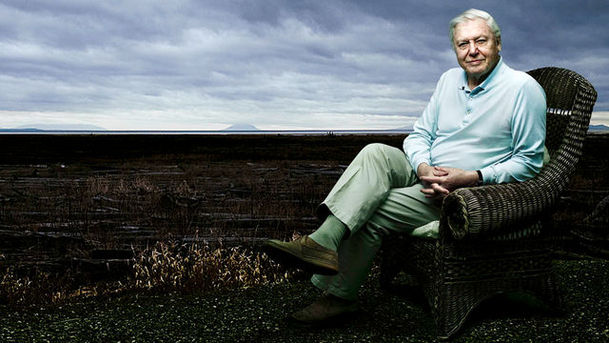
David Attenborough's Life Stories - Giant Birds
The famous naturalist muses on the largest known egg - laid by a giant bird on Madagascar, an island off Africa's eastern coast.
Details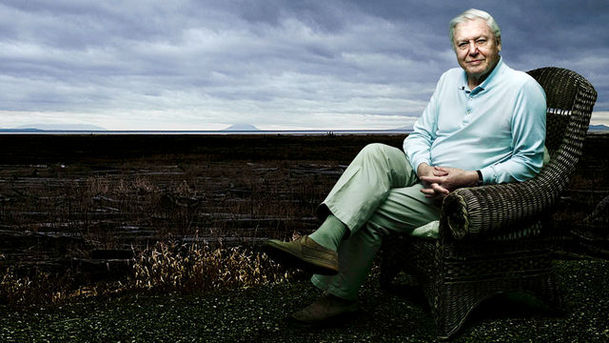
David Attenborough's Life Stories - Large Blue
The Large Blue butterfly died out in Britain in 1979, but why? Investigations led to a complex life cycle linked to a single species of ant.
Details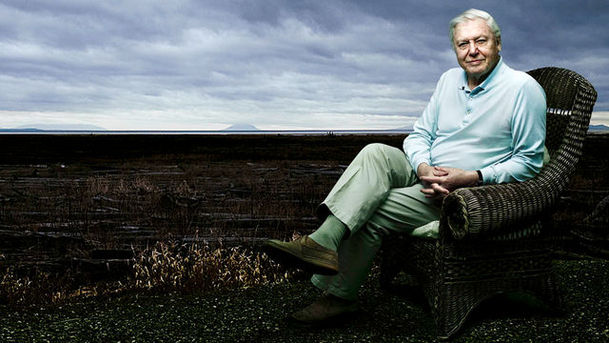
David Attenborough's Life Stories - Large Blue
The naturalist asks why the Large Blue butterfly recently died out in the UK - and the challenge of its reintroduction.
Details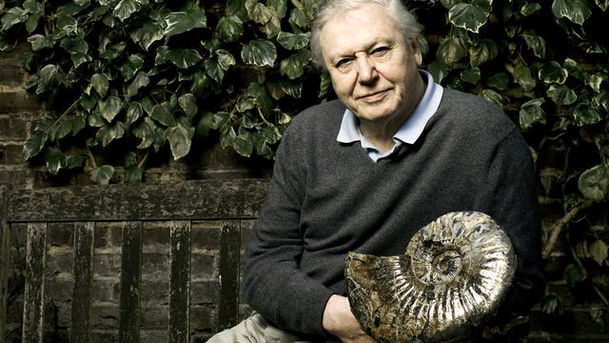
David Attenborough's Life Stories - Monstrous Flowers
Deep in the steamy forests of Sumatra, the largest flowers in the world bloom, albeit for under a week. But why are they so big?
Details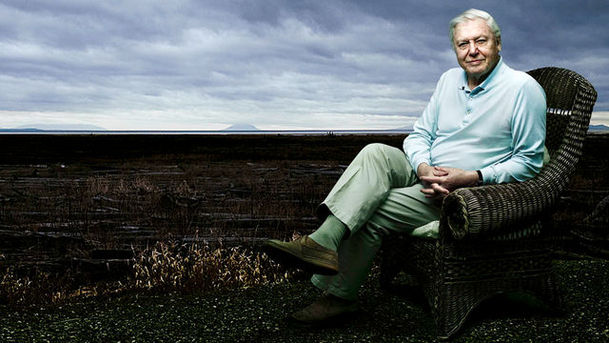
David Attenborough's Life Stories - Monstrous Flowers
The naturalist and broadcaster muses on the world's largest blooms found deep in the steamy forests of Sumatra.
Details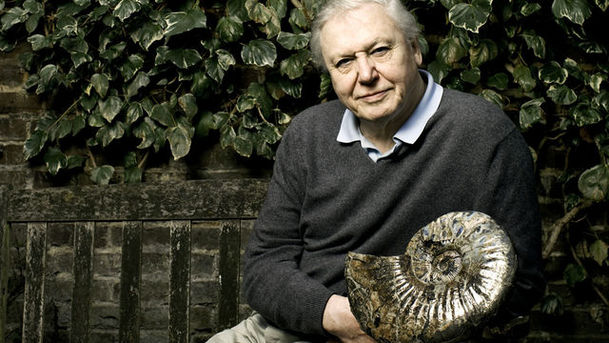
David Attenborough's Life Stories - Platypus
Along the soft, muddy river banks of New South Wales, the female duck-billed platypus makes a burrow to raise her family. It is a strange creature which is tricky to film.
Details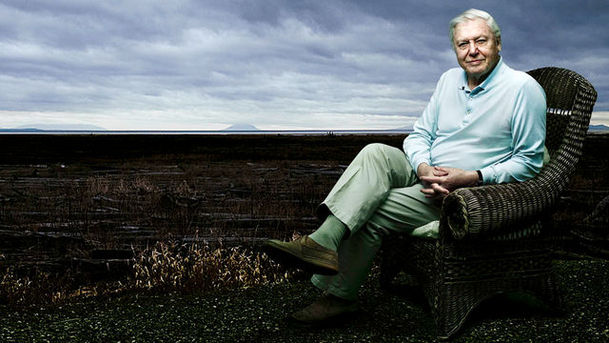
David Attenborough's Life Stories - Platypus
The famous naturalist muses on the elusive, burrowing female Duck-Billed Platypus of New South Wales, Australia.
Details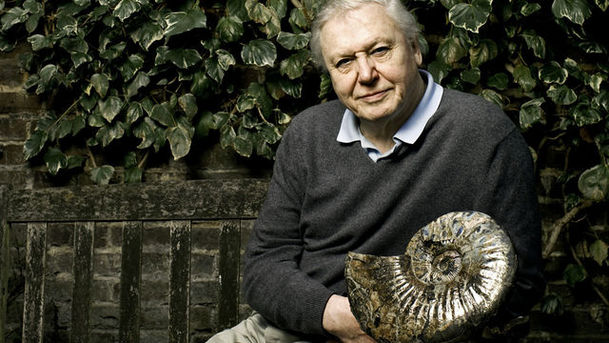
David Attenborough's Life Stories - Salamander
Sir David's first pet was a fire salamander, given to him by his father on his eighth birthday. He also gave his own son a salamander on his eighth birthday.
Details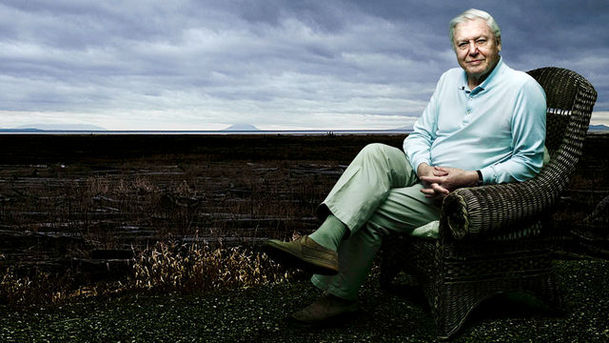
David Attenborough's Life Stories - Salamander
The naturalist recalls his first pet - a fire salamander given to him by his father on his eighth birthday.
Details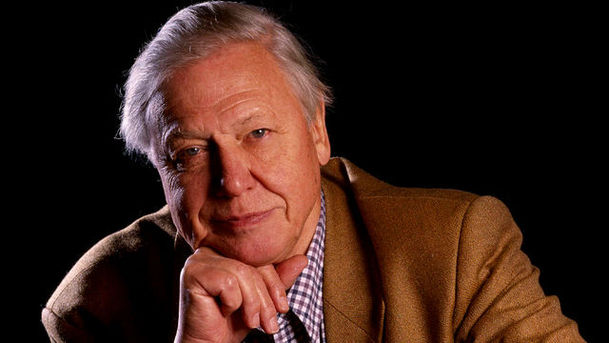
David Attenborough's Life Stories - Sloths
David muses on the natural history of the sloth - perhaps the most lethargic beast in the animal world, and one that he has admitted to wanting to be.
Details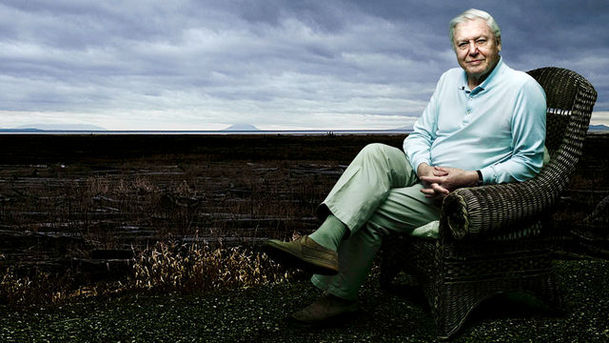
David Attenborough's Life Stories - Sloths
The naturalist and broadcaster muses on the natural history of perhaps the most lethargic beast in the animal world.
Details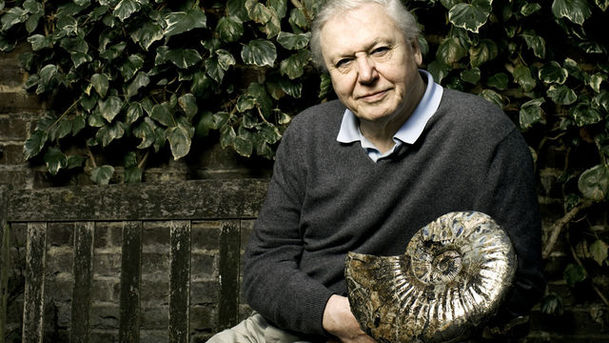
David Attenborough's Life Stories - Songsters
People are not the only species who sing. Many birds do and even another ape. What messages are conveyed in the syllables, melodies and repeated phrases, and who is listening?
Details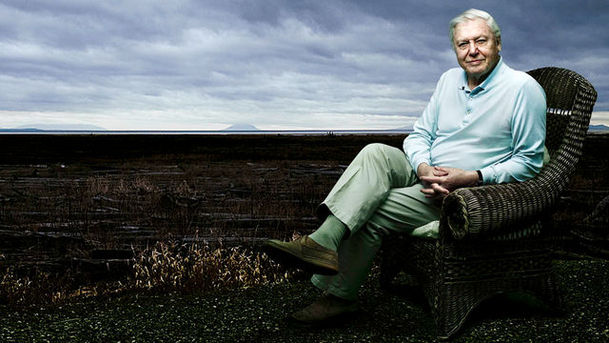
David Attenborough's Life Stories - Songsters
The naturalist muses on the messages conveyed in the syllables, melodies and repeated phrases of singing birds.
Details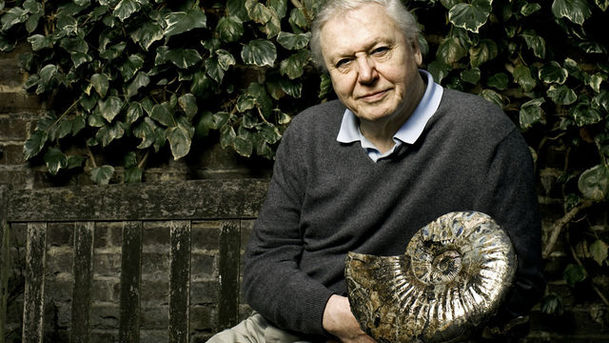
David Attenborough's Life Stories - The Dodo
The dodo is the caricature of extinction. This turkey-sized flightless pigeon lived on a remote island and was slaughtered by seafarers for its meat.
Details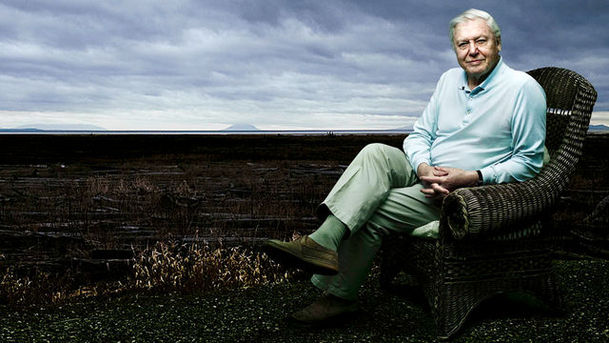
David Attenborough's Life Stories - The Dodo
Slaughtered into oblivion, the naturalist asks what lessons can be learned from the case of the most famous of extinct species.
Details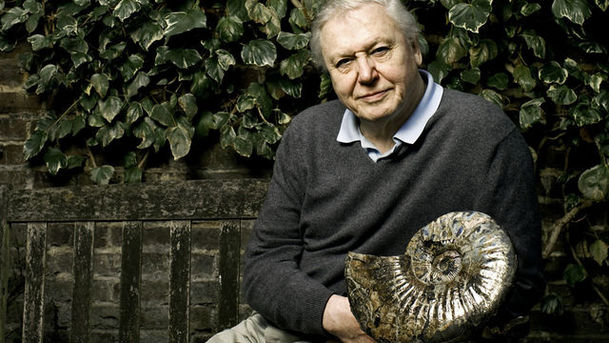
David Attenborough's Life Stories - The Serpent's Stare
Underground animals are very different to the animals that spend their life on the surface; they manifestly come from a different world. Does this explain the stare of the snake?
Details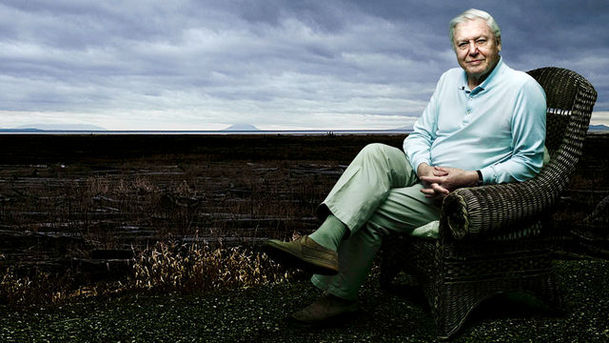
David Attenborough's Life Stories - The Serpent's Stare
The famous naturalist looks at why underground animals have evolved in a very different way from those living on the surface.
Details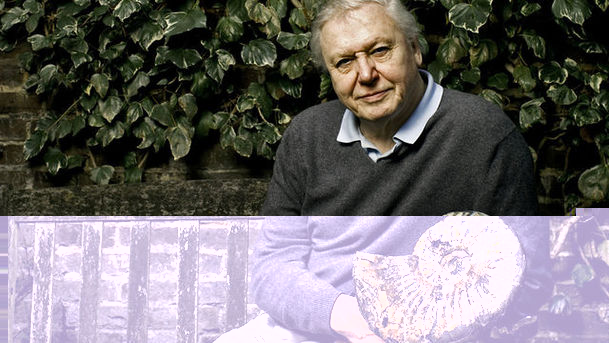
David Attenborough's Life Stories - Tracks
Following fossilised animal tracks is much the same skill as that owned by many aboriginal people, but with a whole new set of extraordinary revelations.
Details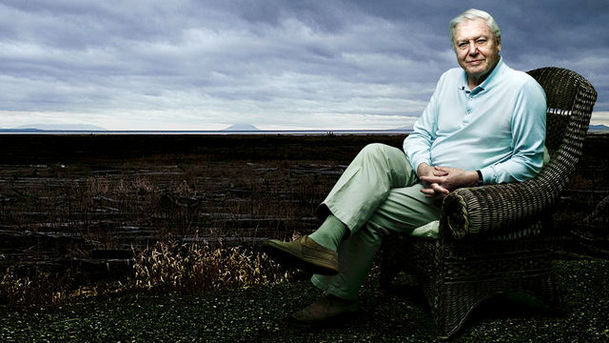
David Attenborough's Life Stories - Tracks
The naturalist examines the extraordinary revelations found from following fossilised animal tracks.
Details